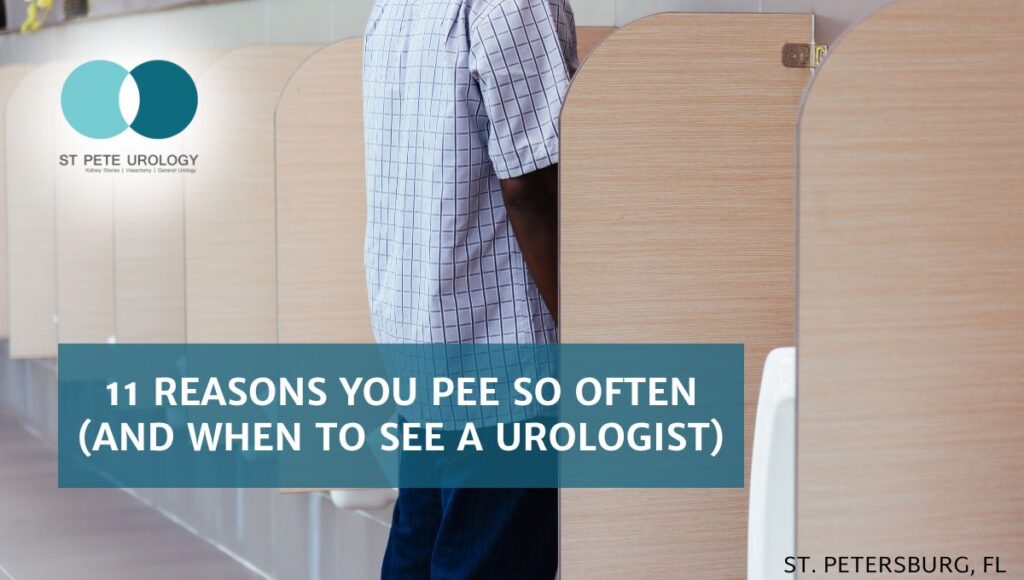Voiding dysfunction is a problem that affects women in increasing numbers, and it can be an embarrassing condition that curtails daily activities. Voiding dysfunction can take several forms, including urinary incontinence, painful urination and interstitial cystitis. Women over 40 are especially susceptible and it can be uncomfortable subject to bring up in conversations with doctors.
Preliminary Diagnosis
Although your primary care doctor can perform simple testing for a urinary tract infection, you may save time and discomfort by seeing a qualified urologist first. Some urological procedures for diagnosis include:
- Urinalysis
- Uroflow electromyogram (EMG)
- Abdominal X rays (KUB)
- Cystoscopy
- Uroflowmetry
Initial Care for Voiding Dysfunction
Your primary care doctor may recommend dietary changes such as reducing the amount of alcohol and caffeine you consume. Your doctor may even warn you about the use of tobacco if you are a smoker.
Kegel Exercises
Kegel exercises are often effective at improving voiding dysfunction in the form of bladder leakage in women. Kegel exercises (or Kegels) simply increase the strength of the pelvic floor, and can be done in bed or while emptying the bladder. However, there are instances when the woman’s pelvic floor is too tight and Kegels are not recommended. A urologist can diagnose and recommend the appropriate treatment for the various types of voiding dysfunction.
Additional treatments for voiding dysfunction include muscle relaxants, pelvic floor therapy, self-catheterization and insertion of a neuromodulation device.
Painful Urination and Treatment
Besides being unable to control bladder flow, painful urination is another dysfunction associated with voiding. You may be diagnosed with interstitial cystitis. Some refer to the condition as BPS (bladder pain syndrome). Interstitial cystitis is associated with bladder pain, overactive bladder, bladder distention and, at times, bladder stones.
Once your physician has isolated the source of the problem, he or she may recommend a medication that allows the bladder to relax.
Why Get Diagnosed and Treated for Voiding Dysfunction
Successful treatment of voiding dysfunction will allow you to enjoy life better, with:
- Fewer accidents
- More control over where and when you void your bladder
- Longer intervals between needing to urinate
For those who live in the St Petersburg, Tampa or Clearwater areas, St Pete Urology offers treatment and relief of this condition. Schedule a consultation today to learn how our experienced team offers the most advanced technology, minimally invasive surgery options and compassionate care.





